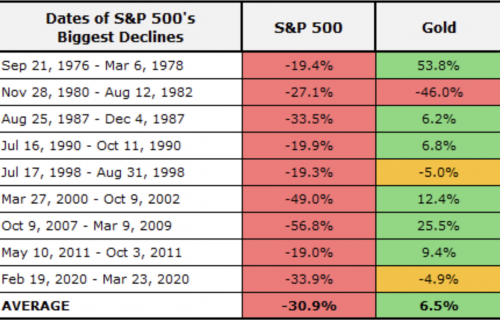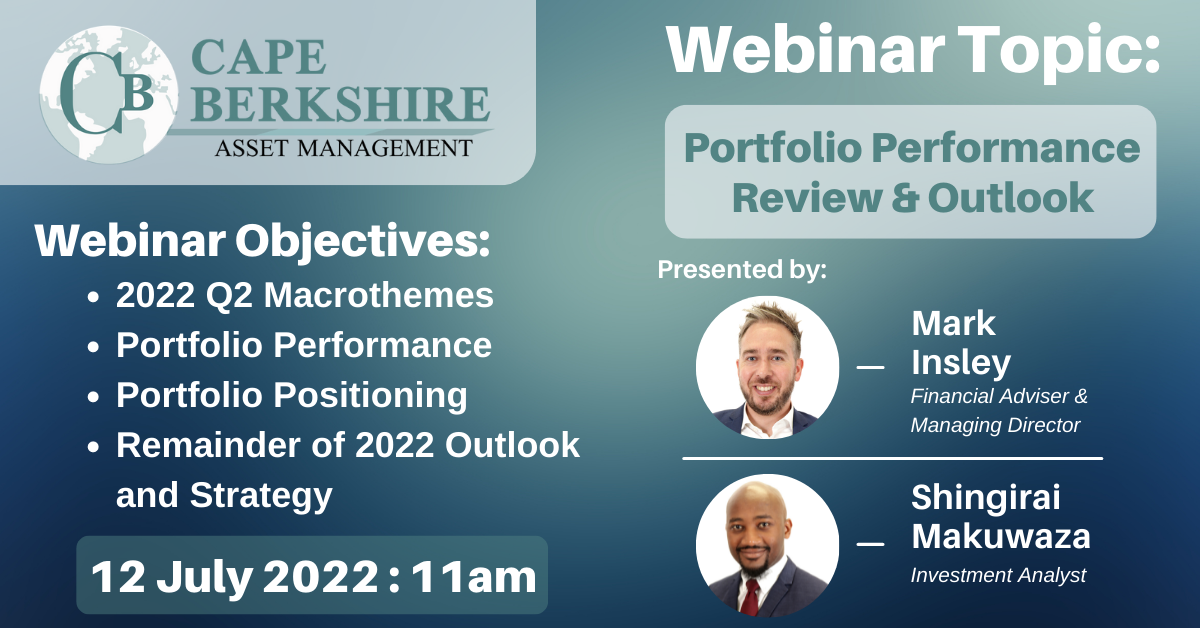- 01344 851250
Facebook
Twitter
Instagram
Linkedin

Investing for the future

The ice caps are melting, temperatures are soaring and wildlife is struggling, all down to the need to power our modern lives. With 75% of adults in Great Britain worried about the impact of climate change, and a further 43% feeling anxious about the future of the environment more widely (Office for National Statistics, 2021), it’s becoming ever clearer that there is a global need to rectify the injustices we have done to our planet.
People, governments and companies alike are now scrambling to be at the forefront of these efforts, and what is a more effective way to attain this than starting with changing how we invest?
Ethical Investing
In its purest form, ethical investing is the strategy in which investments are chosen based on one’s ethical code. It strives to support those industries actively trying to make a positive impact, and of course create an investment return.
The idea of what is ‘ethical’ is will differ from person to person, with some opting for the ‘do no harm’ route, where they will guide their investments by specific cases e.g. avoiding buying shares in Activision Blizzard, Inc. due to the recent sexual harassment scandal, or avoiding so-called sin stocks: tobacco, gambling or weapons organisations to name a few.
Alternatively, other people will opt for the ‘do good’ route, in which they will support those companies that are tackling ESG issues head-on. E.g. buying Beyond Meat shares due to the positive impact the company has had on the environment as a result of using 93% less land, 46% less energy, and produced 90% fewer greenhouse gas emissions in the production of its’ Beyond Burger compared to its cow counterpart.
The point is that ethical investing is personal to you, and whilst there is no correct way to conduct this strategy, the most effective way will be a combination of both tactics, in order to create a well-diversified portfolio.
How effective is Ethical Investing
As with all investing approaches, there are associated benefits and drawbacks, and the ethical strategy is no different. On a positive note, ESG UK funds have outperformed non-ESG UK funds over 3 and 5 year periods. Furthermore, there is a general idea that companies more concerned with ESG issues are usually ran better and less prone to scandal, which will lead to further material benefits. On the whole, there is the chance for profits, and to feel good doing it!
Of course, ethical investing will experience peaks and troughs just like other strategies. It is important to be mindful of the fact that whilst returns are attractive, there are risks involved. To start, this approach limits your options. Many of the top performing companies have characteristics that fail to meet ethical fund’s criteria, and so are ruled out. Furthermore, just because a company aligns with your own moral compass, there is no guarantee of absolute return.
Is ethical investing for me?
When investing in these types of funds, or employing this particular strategy, it is important to think about your own long term goals, as well as being wary of how much of your capital you are willing to put at risk.
Contact us for advice on your investing needs. We have an array of passionate and knowledgeable advisers ready to take on board any ethical considerations you may have when investing. We can help you too!
Please note that these types of products are not suitable for all clients and that this should not be taken as personal advice. All investments can go up and down in value and therefore you could get back less than you invest. Past performance is not a guide to the future.
Written by: George Kemp
21 July 2022
Contact Us
Facebook
Twitter
Instagram
Linkedin

Ascot Wealth Management Limited is authorised and regulated by the Financial Conduct Authority reference 551744. Our registered office: Scotch Corner, London Road, Sunningdale, Ascot, Berkshire, SL5 0ER. Registered in England No. 7428363. www.old.ascotwm.com Unless otherwise stated, the information in this document was valid on 3rd February 2017. Not all the services and investments described are regulated by the Financial Conduct Authority (FCA). Tax, trust and company administration services are not authorised and regulated by the Financial Conduct Authority. The services described may not be suitable for all and you should seek appropriate advice. This document is not intended as an offer or solicitation for the purpose or sale of any financial instrument by Ascot Wealth Management Limited. The information and opinions expressed herein are considered valid at publication, but are subject to change without notice and their accuracy and completeness cannot be guaranteed. No part of this document may be reproduced in any manner without prior permission. © 2017 Ascot Wealth Management Ltd. Please note: This website uses cookies. To continue to use this website, you are giving consent to cookies being used.














